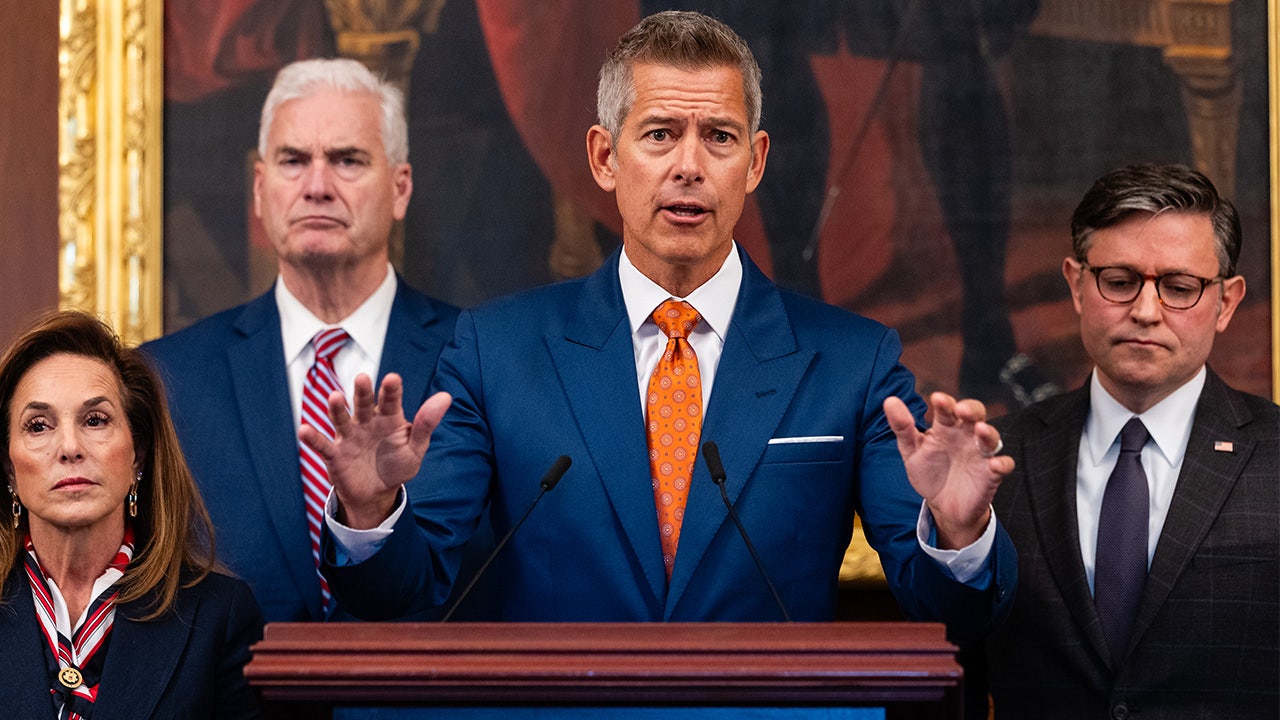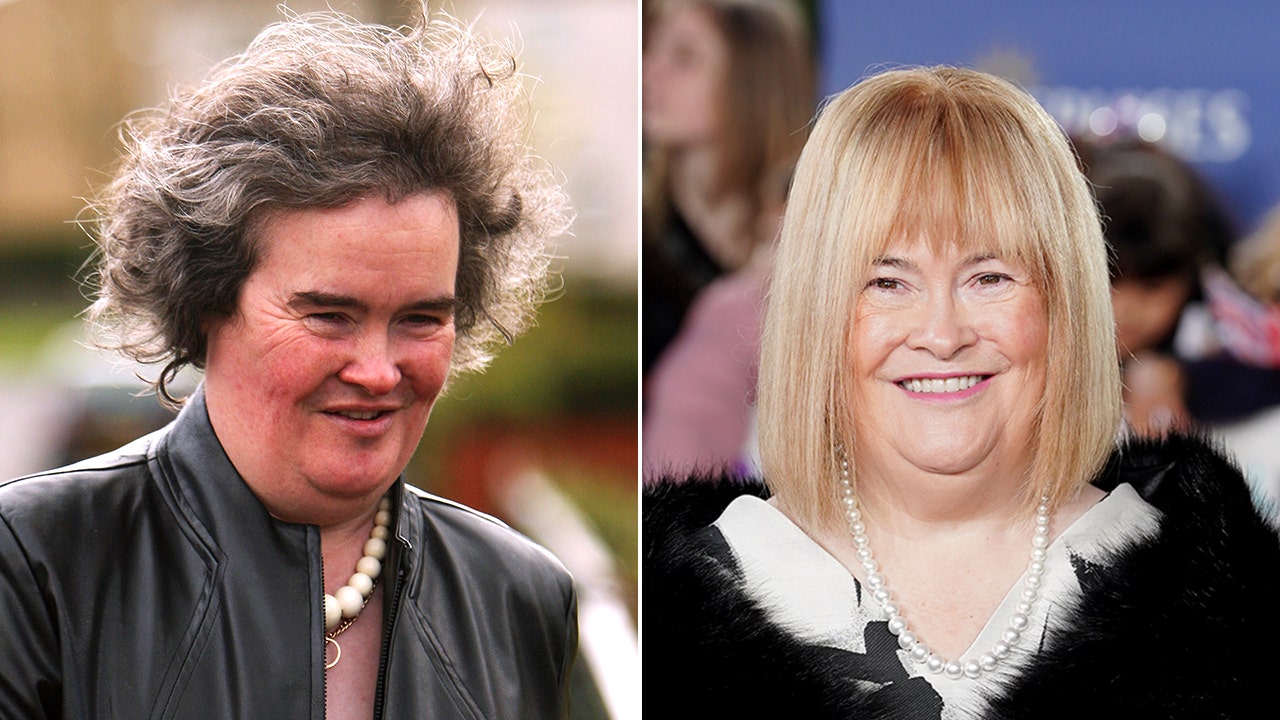I am not obsessed with The Hunger Games by any means. It was OK, I guess, but nothing special.
But I still often think of it from time to time, because the social class structure portrayed in the movie–proles treated as serfs by a disconnected, Ancien Régime-style overclass–resonates with my view of the conflicts between the cultural elite and the rest of us.
Nancy Rommelmann’s tweet (Xeet?) regarding this New York Times Magazine piece brought this to mind once again. The author of this article lives in an entirely different world from the rest of us. She doesn’t even speak the same English language that we do. The Times editors may have found it profound; ordinary people find it mystifying.
Like, what does this mean? I don’t know. pic.twitter.com/HxqYGKqtJI
— Nancy Rommelmann (@NancyRomm) July 23, 2025
The piece–about “heterofatalism,” whatever that is, is written by essayist Jean Garnett. Her bio reads exactly as you would expect:
Jean Garnett has published essays in The New Yorker, The Paris Review Daily and the Yale Review. A winner of the Pushcart Prize, she is at work on a book about relationships.
The New Yorker. The Paris Review. The Yale Review. You just know it is going to reveal mind-blowing insights that will make you think for days.
The essay is so self-absorbed, so hateful to men, so self-contradictory–she wanted men to be sexually aggressive, submissive, to anticipate every need, and have none of his own–that it reeked of exactly why men want to stay as far away from her as possible. She simultaneously lives in a world where she would demand a man get a signed consent form for sex and then ravish her.
And the essay–it is all framed in terms of discussions with female friends and her therapist/friend. It is like a parody.
The therapist mused about the anxiety of needing to “justify the phallus.” “You know,” she said, “from the child’s point of view, it’s like, ‘I get what Mom is for, but what are you for? What’s the point of your thing?’” This sent us miming confrontations with imaginary members — “Who invited you?” “What’s your deal?” “Are you lost?” — which led to wisecracks about the not-so-precision scalpel of the surgeon the therapist was seeing. Privately, jokes aside, I am quite susceptible to penis — like, I worry that in some Hobbesian state of nature I might just automatically kneel to the prettiest one — but lately I have been bruised by the ambivalence of men, how they can first want me and then become confused about what they want, and this bawdy, diminishing humor soothed me, made me feel more powerful, more in control.
“When did the men get so anxious about desire?” asked the therapist, and I said I didn’t know. “Yes, you do,” my friend said. “It was when they were put on notice that they can’t just get drunk and grope us.”
Who talks like this, and would you want to be around her?
I haven’t been dating long (just the other day my ex-husband and I received our Judgment of Divorce as an email attachment), but long enough to discover that I have a type. He is gentle, goofy, self-deprecating, rather deferential, a passionate humanist, a sweet guy, a “good guy.” He tends to signal, in various ways, his exemption from the tainted category of “men,” and it is perfectly understandable that he would wish to do so. It must be mildly embarrassing to be a straight man, and it is incumbent upon each of them to mitigate this embarrassment in a way that feels authentic to him.
One of the reasons my marriage ended was that I fell in love with another man — whom I’ll refer to by his first initial, J. Spontaneously graceful, with a soft voice and an inordinate, sad-eyed smile, J. made me laugh, stopping my breath. Being a “good guy,” he intimated from the jump that he did not know how to “do” relationships, giving me to understand that if I expected one with him (or, as he may have conceptualized it, from him), I did so at my peril (which was his peril, too, since he would hate to hurt me). Still, he pursued me; we seemed to be “doing” something together.
I keep encountering and hearing about men who ‘can’t.’ Have these men not heard of ‘don’t want to?’
My husband and I had an open relationship at the time that J. and I met, so the terms of our involvement were, at first, limited, and although J. exerted a pleasant pressure against these limitations, ultimately they suited him. I was the one who violated the terms by finding it intolerable, after a while, to care that much, in that way, for one person while being married to another. I could not disambiguate sex from love nor love from devotion, futurity, family integration, things I wanted with (from?) J., even as, throughout the year and a half or so that we saw each other, he continued to gesture to his incapacity to commit as if it were a separate being, an unfortunate child who followed and relied upon him, maybe, or a physical constraint. I stood there reaching for him while he sad-faced back at me like a boxed mime: He couldn’t talk about it; he wished things were different; maybe someday the child would mature, the glass would break, but for now, there was really nothing to be done.
So…she simultaneously wants open/closed relationships, is attracted to a man who explicitly says he doesn’t want relationships–she met him and got involved because she wanted an open relationship with her husband–and now she sees HIM as childish.
There are many routes to the species of disappointment I am circling here, but however we get there, the complaint is so common, such a cultural and narrative staple, that the academy is weighing in. We now have a fancy word, “heteropessimism,” to describe the outlook of straight women fed up with the mating behavior of men. Coined by the sexuality scholar Asa Seresin, who later amended it to “heterofatalism,” the term seems, at first glance, to distill a mood that is no less timely for being timeless.
“It was rly nice,” a close friend texted me recently, reporting on her third date with a lawyer. “He’s really really sweet and nice to me and good at sex. No doubt something humiliating and nightmarish will occur soon.”
I could go on, but you get the idea. She lives in Panem, in the Capital District, where everybody should get everything they want, and the normal constraints of being a human being don’t apply. They are for other people.
Nobody I know could possibly think like this, and I think I understand why. The elite live in the post-God, post-liberal, post-resource-constrained world where everything collapses into desire. It is a world that begins and ends within one’s mind, where desires define one’s life, and any limitations imposed on the individual by the fact that we live in a world that doesn’t always conform to our wishes are illegitimate impositions on our freedom.
It’s the same phenomenon that leads a trans person to explode in rage when they are “misgendered.” What seems mysterious to us–the inability to understand that sex is an immutable fact of life–is to them an outrageous limitation on their mind’s infinite desire to remake the world into what it isn’t.
Of course, not all people who reject God are functionally insane or narcissists like this. The point is, rather, that the modern rejection of a God-centered universe necessarily leads to this sort of thinking. You and I live in the modern world, which still has a connection to the classical world in which reason and nature exist, and in the Judeo-Christian tradition in which the ultimate source of truth is God as expressed through Nature.
“Nature and Nature’s God,” as the Declaration of Independence succinctly explained.
The Post-Modern/post-God world uproots us–there ultimately is no standard of truth outside our minds. This was first hinted at by Descartes, further developed by Hume, explored by Kant, and eventually led to Nietzsche (and Dostoevsky, if you prefer). If there is no God, there is no truth as such. It is all a creation of the will.
And what do people will if left to their own devices? That every desire they feel is instantly fulfilled. The whim of the moment needs to be satisfied. That others conform to their desires. That virtue is defined as having the right feelings at the right moment, and that one’s expressions are reflected back from everybody else. It’s why people who think differently are not opportunities to learn and expand one’s vision–they are mortal threats who must be destroyed.
That’s an awful lot to extract from an essay that contains the sentence: “I am quite susceptible to penis — like, I worry that in some Hobbesian state of nature I might just automatically kneel to the prettiest one — but lately I have been bruised by the ambivalence of men, how they can first want me and then become confused about what they want, and this bawdy, diminishing humor soothed me, made me feel more powerful, more in control,” but there it is.
This is a version of nihilism. You don’t believe in anything, so you collapse into yourself.
I understand why people become atheists. I was one myself, and on my father’s side, atheism runs from my grandmother through him to my siblings. They are all good, mostly sane people, and my grandmother was something of an oddball role model for me. Not in her beliefs, but in her fierce commitment to humanism.
But I have found over the years that discarding God means discarding any grounding in reality. Reality collapses into solipsism, and solipsism into narcissism. And narcissism inevitably leads to…Jean Garnett. She writes essays for tony magazines, gets prizes, and is devastated that the world is not how she dreams it.
It is so unfair. It must be somebody else’s fault.
Read the full article here






![Pregnant Riley Gaines Completes Alcatraz Swim, Completely Smashes Online Critics [WATCH] Pregnant Riley Gaines Completes Alcatraz Swim, Completely Smashes Online Critics [WATCH]](https://www.drewberquist.com/wp-content/uploads/2025/06/2025.06.11-12.25-drewberquist-684975cc012c7.jpg)


![Reckless Driving, Violent Texts, and Now a Criminal Investigation for Jay Jones [WATCH] Reckless Driving, Violent Texts, and Now a Criminal Investigation for Jay Jones [WATCH]](https://www.lifezette.com/wp-content/uploads/2025/07/2025.07.24-02.39-lifezette-6882459463d9d.jpg)


